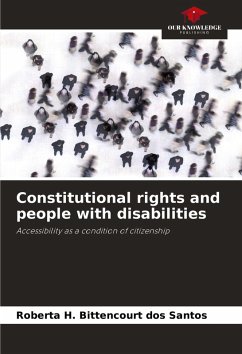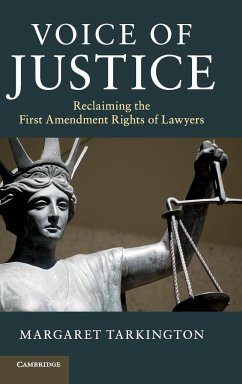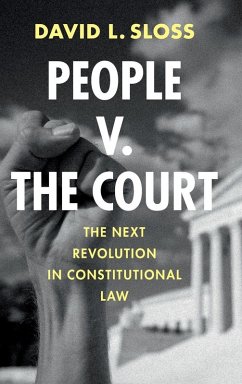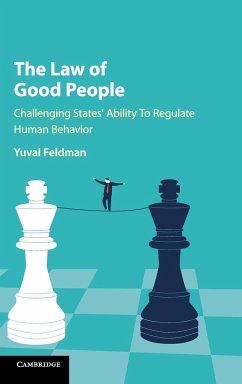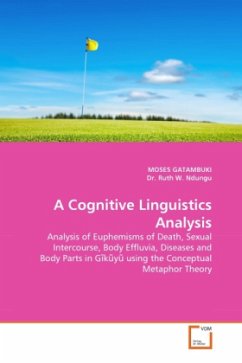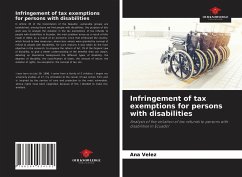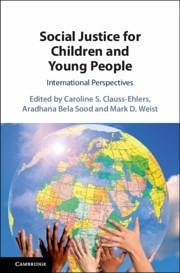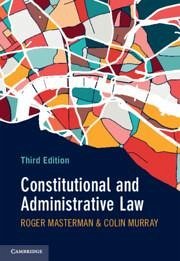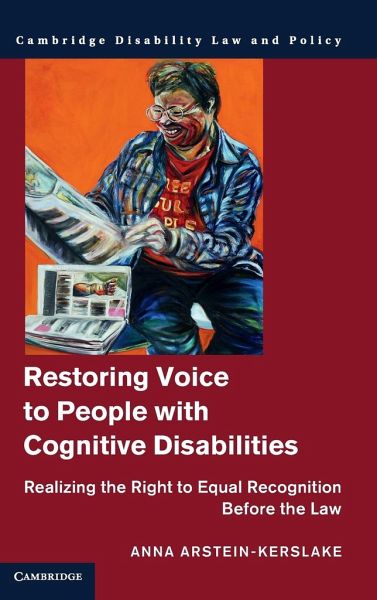
Restoring Voice to People with Cognitive Disabilities
Versandkostenfrei!
Versandfertig in 1-2 Wochen
121,99 €
inkl. MwSt.
Weitere Ausgaben:

PAYBACK Punkte
61 °P sammeln!
The right to make decisions is important for every individual. It allows us to express ourselves, discover our likes and dislikes, and lead our lives in the way we desire. People with cognitive disability have historically been denied this right in many different ways - sometimes informally by family members or carers, and other times formally by a courtroom or other legal authority. This book provides a discussion of the importance of decision-making and the ways in which it is currently denied to people with cognitive disability. It identifies the human right to equal recognition before the ...
The right to make decisions is important for every individual. It allows us to express ourselves, discover our likes and dislikes, and lead our lives in the way we desire. People with cognitive disability have historically been denied this right in many different ways - sometimes informally by family members or carers, and other times formally by a courtroom or other legal authority. This book provides a discussion of the importance of decision-making and the ways in which it is currently denied to people with cognitive disability. It identifies the human right to equal recognition before the law as the key to ensuring the equal right to decision-making of people with cognitive disabilities. Looking to the future, it also provides a roadmap to achieving such equality.





